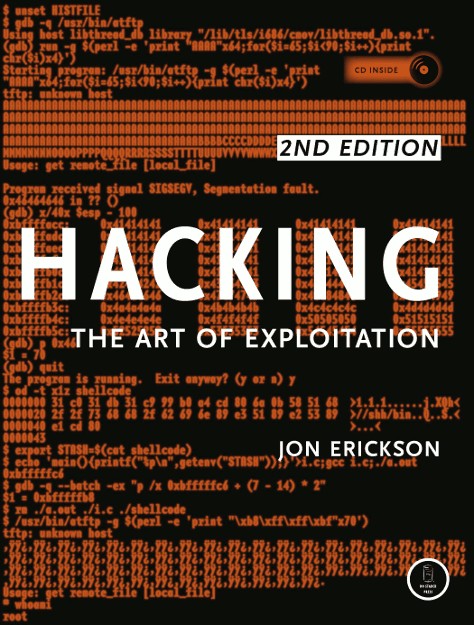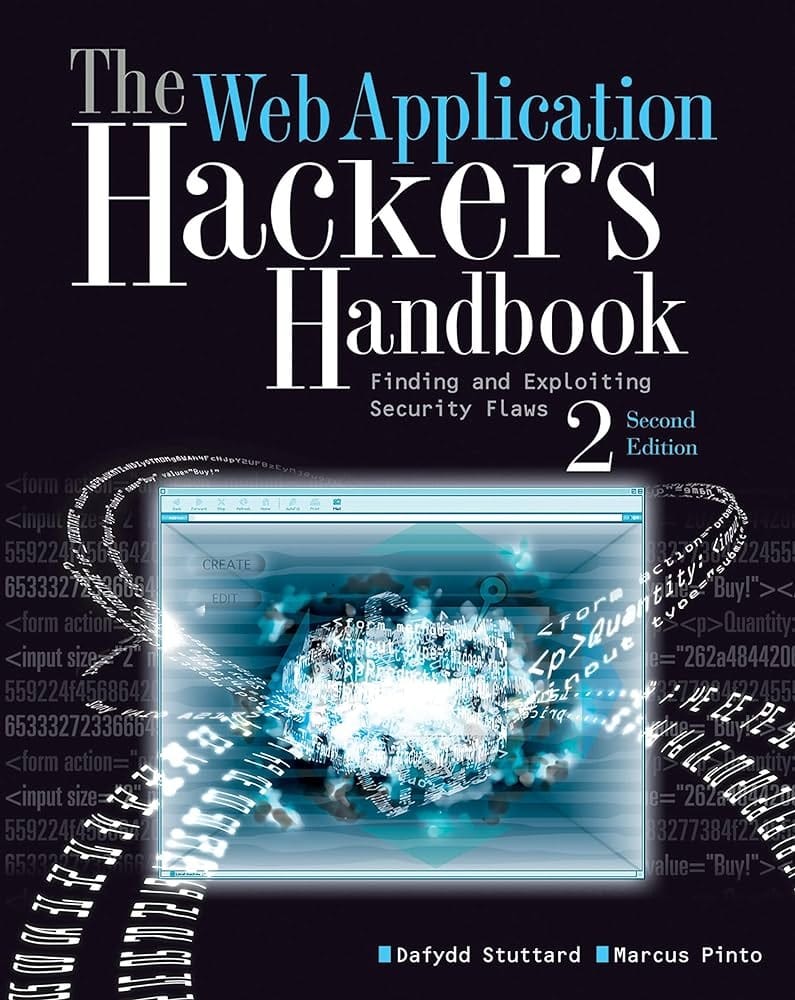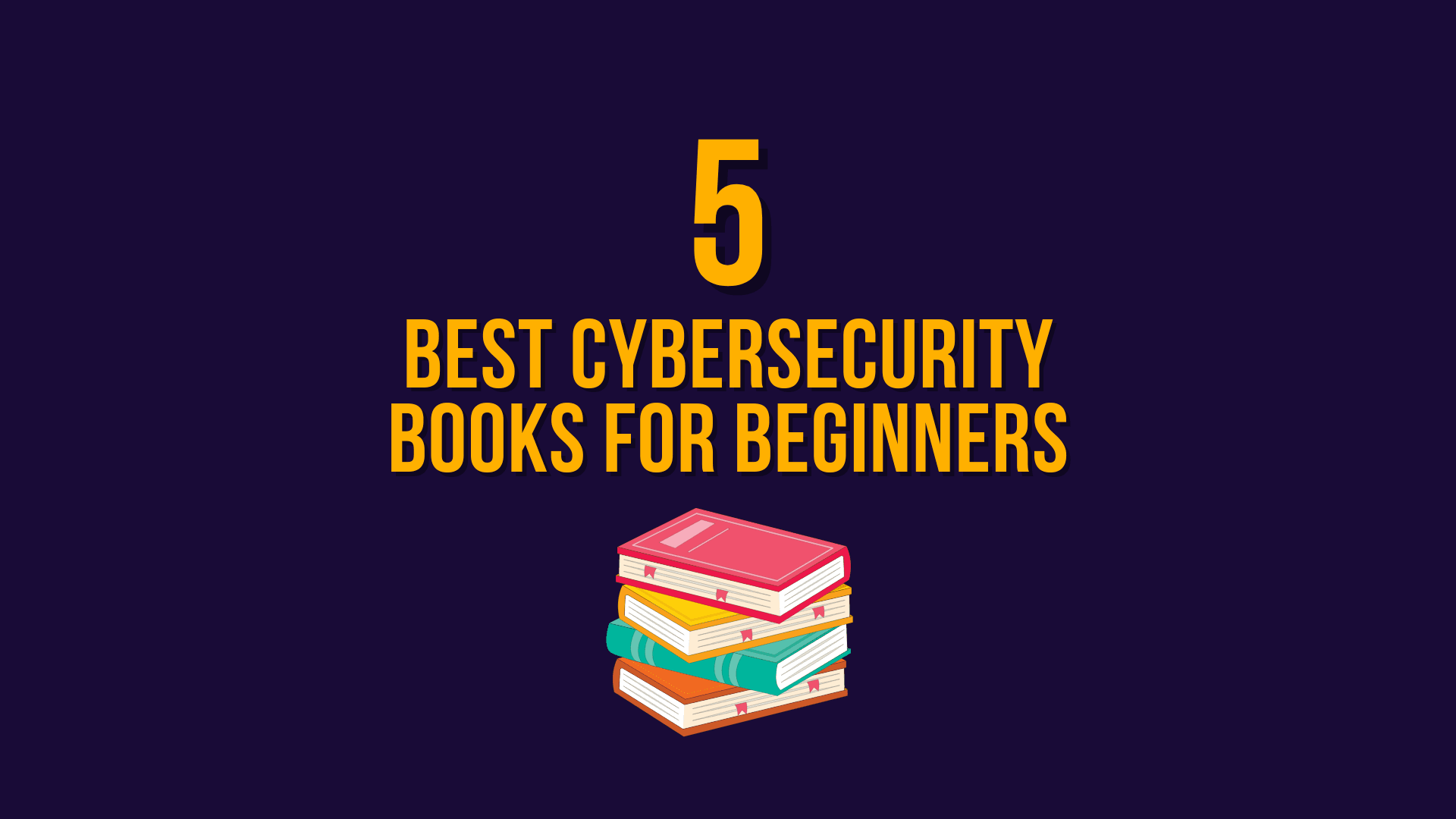In today’s digital age, cybersecurity is more critical than ever. With the constant evolution of cyber threats, individuals and organizations need to stay informed about the latest security trends and techniques. Fortunately, numerous resources are available to help deepen your understanding of cybersecurity, and books remain one of the most valuable assets. In this article, we’ll explore five top-rated cybersecurity books that offer comprehensive insights into various aspects of the field.
5 Best Cybersecurity Books
Here are the top 5 cybersecurity books to learn about ethical hacking and defend yourself against cyber attacks.
The Art of Deception
Author: Kevin D. Mitnick
Kevin D. Mitnick’s “The Art of Deception” is an influential book in cybersecurity literature. It gives readers a grasping look into the hidden world of social engineering attacks. Mitnick uses his extensive expertise as a former hacker and security consultant to expose bad actors’ psychological strategies to trick users and break secure systems at their roots.
“The Art of Deception” explores the complicated interplay between human psychology and cybersecurity, highlighting the weaknesses built into the human psyche. Mitnick uses compelling stories and real-world examples to demonstrate how even the strongest security systems may be worthless in the face of cunning manipulation. One of the book’s most appealing features is its emphasis on practical ideas and concrete guidance.
Mitnick dissects hacker tactics and gives readers helpful strategies for preventing social engineering attacks. Understanding the art of deception enables readers to recognize and prevent attempts to exploit human vulnerabilities, strengthening their defences against cyber threats. Furthermore, “The Art of Deception” serves as a wake-up call, emphasizing the significance of security awareness training and fostering a culture of alertness within organizations.
Mitnick’s compelling narrative style and realistic examples make this book accessible to a wide range of readers, including cybersecurity specialists and average users looking to protect their digital assets. In essence, “The Art of Deception” is more than a book; it’s a philosophy for cybersecurity alertness in an age where human error is still one of cybercriminals’ most powerful weapons. With its timeless insights and practical knowledge, this book remains an essential reference for anyone navigating cybersecurity.

Hacking: The Art of Exploitation
Author: Jon Erickson
“Hacking: The Art of Exploitation” by Jon Erickson is a must-read for anyone interested in cybersecurity and ethical hacking. Erickson thoroughly investigates hacking strategies, stressing important concepts that characterize hacks with astonishing precision and clarity.
At the heart of the book is a hands-on approach in which readers are encouraged to roll up their sleeves and participate in practical exercises that bring academic ideas to life. Erickson covers many topics, from the basic concepts of memory corruption to the intricacies of network-level attacks, to help readers grasp the art and science of hacking.
One of the book’s main merits is its emphasis on utility. Rather than portraying hacking as a mysterious and dark craft, Erickson demystifies the process by reducing it into achievable steps that readers can follow and comprehend. Thanks to extensive explanations and step-by-step instructions, he provides readers with the skills and strategies they need to explore the world of hacking ethically and responsibly.
Furthermore, Erickson’s approach goes beyond technical proficiency, giving readers a better knowledge of the basic principles of cybersecurity. By studying real-world vulnerabilities and exploits, he provides readers with essential insights into the mindsets of both hackers and defenders, allowing them to anticipate and effectively address emerging threats.
In essence, “Hacking: The Art of Exploitation” is more than just a book; it’s a doorway to a better understanding of cybersecurity and an invitation to investigate the cutting edge of digital defence. Whether you’re a beginner hoping to learn about hacking or a seasoned professional looking to improve your skills, Erickson’s brilliant exposition has something for everyone.

Security Engineering: A Guide to Building Dependable Distributed Systems
Author: Ross J. Anderson
Ross J. Anderson’s “Security Engineering: A Guide to Building Dependable Distributed Systems” is a shining example of enlightenment in cybersecurity literature. Anderson, a renowned expert in the sector, provides readers with a detailed roadmap for building and implementing safe and resilient systems in the face of evolving cyber threats.
One of the book’s standout aspects is its comprehensive approach to security engineering. Anderson discusses various subjects, including cryptographic methods, access control systems, risk management strategies, and system design concepts. Anderson provides readers with a detailed overview of the numerous components of a strong security architecture, giving them the information and skills they need to traverse the complicated cybersecurity environment properly.
Furthermore, Anderson’s explanation is anchored in real-world examples and case studies, making the principles understandable and applicable to readers from all backgrounds. Whether you’re a seasoned security professional or a rookie starting in cybersecurity, Anderson’s work provides vital insights into the fundamental principles of security engineering.
Security Engineering is a timely reminder of the significance of proactive security measures in an era of constant cyber threats. Anderson promotes a proactive approach to cybersecurity that prioritizes resilience and robustness by emphasizing the importance of embedding security into the fabric of distributed systems from the start.
Finally, it is a guiding principle for a safer and more secure digital future. Anderson’s cautious exposition and deep insights make this book an essential resource for anybody trying to strengthen their defences against the ever-changing threat landscape.

The Web Application Hacker’s Handbook: Finding and Exploiting Security Flaws
Author: Dafydd Stuttard and Marcus Pinto
Dafydd Stuttard and Marcus Pinto’s “Web Application Hacker’s Handbook: Finding and Exploiting Security Flaws” is an in-depth guide to finding and mitigating web application security flaws. With cyber dangers on the rise, protecting online applications against exploitation is critical. Stuttard and Pinto present readers with useful insights and actionable strategies for efficiently protecting their web assets.
This manual discusses a variety of popular exploits, such as injection attacks, cross-site scripting (XSS), and authentication bypasses. By exploring each vulnerability in detail and presenting real-world examples, Stuttard and Pinto help readers learn how attackers exploit these flaws and, more crucially, how to defend against them.
One of the book’s main advantages is its hands-on approach. Stuttard and Pinto provide step-by-step instructions for conducting security assessments and penetration testing, allowing readers to use their newfound knowledge in real-world situations. The authors also emphasize the significance of continual testing and monitoring to stay ahead of emerging dangers.
Overall, “The Web Application Hacker’s Handbook” is a wonderful resource for developers, security specialists, and anyone in charge of online application security. Stuttard and Pinto help strengthen cyber defences and protect sensitive data by giving readers the knowledge and tools they need to discover and correct security problems.

Also, Checkout 7 Most Secure Private Browsers 2024
Applied Cryptography: Protocols, Algorithms, and Source Code in C
Author: Bruce Schneier
Bruce Schneier’s “Applied Cryptography: Protocols, Algorithms, and Source Code in C” is a seminal publication in the field of cybersecurity. Cryptography is the foundation of current security systems, allowing us to secure communication, authenticate users, and protect critical information from prying eyes. Schneier’s thorough introduction delves deeply into the area of cryptography protocols, algorithms, and their practical applications.
One of the book’s outstanding characteristics is its thorough explanation of cryptography ideas and techniques. Schneier talks deeply into a wide range of topics, such as symmetric encryption, public-key cryptography, digital signatures, and cryptographic hash functions. Schneier gives readers a thorough understanding of the fundamental mathematical principles and concepts that underlie cryptographic algorithms, enabling the readers to design and implement secure cryptographic systems.
Furthermore, “Applied Cryptography” distinguishes itself by focusing on real-world applications. Schneier not only explains theoretical principles but also gives actual examples of how cryptographic methods work in software. With thorough explanations and interesting examples, readers better understand the complexities of cryptographic engineering and how to apply cryptographic techniques to real-world security concerns.
In summary, “Applied Cryptography” is more than simply a textbook; it is a timeless reference that remains a valuable resource for cybersecurity professionals and hobbyists. Schneier’s clear explanations and authoritative insights make this book an essential resource for anybody wanting to navigate the complicated environment of cryptographic security properly.

Conclusion
In conclusion, these five cybersecurity books stand as veritable pillars in the vast edifice of cyber defence, each offering profound insights and practical wisdom. Whether you’re navigating the treacherous waters of social engineering, delving into the arcane arts of hacking, architecting resilient systems, securing web applications, or mastering the arcane science of cryptography, there’s a book on this list to suit your needs. By leveraging these esteemed authors’ insights and expertise, readers can fortify their defences and emerge victorious in the perpetual battle against cyber threats.

